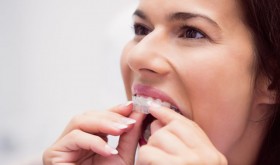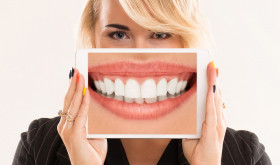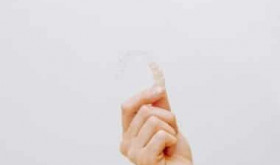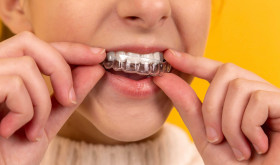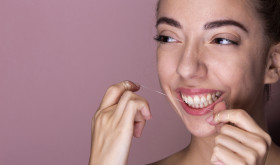Caring for Sensitive Teeth
When eating ice cream, popsicles, or drinking cold beverages, you may find that your teeth experience sharp and aching discomfort. If that’s the case, try not to suck in cold air when you’re outside in the cold. You can also use a specially formulated toothpaste (specific for sensitive teeth) or rinse out your mouth with saltwater. Using a softly bristled toothbrush helps with avoiding any agitation to your gums. You also want to avoid highly acidic foods. If you find yourself grinding your teeth at night or in general, consider getting a mouthguard.
Cold Sores
There are several reasons that cause cold sores. Cold weather, a weak immune system, stress, and fatigue are just a few things that may signal you have a cold sore. If you feel like one is starting to formulate on your mouth, do whatever you can to keep your hands away from your mouth. Generally speaking, bacteria are literally everywhere. No matter how many times a day you wash your hands or take a shower, we are all constantly in contact with bacteria. The last thing you want is to make the cold sore worse by touching it. Make sure you put a lip ointment or topical treatment to stop it from getting worse.
Chapped Lips
This is one of the most common ailments people deal with during the winter. There are several different remedies for chapped lips, including staying hydrated, using a humidifier, moisturizing, etc. The best option is to invest in a lip balm that contains SPF+ in order to ensure they’re protected. It’s also important to remember that your body moisturizes from the inside out. With that being said, make sure you’re staying hydrated and drinking anywhere between three to four litres of water a day.
Taking Care Of Your Cavities
It’s easy to get lost in the sweets that are offered to you during the winter/holiday season. It’s one of the things everyone looks forward to. But be careful! Too much of these sweet treats can result in a trip to the dentist that isn’t so pleasant. The best thing you can do is ensure you brush two to three times a day, floss after every meal. Drinking water will help you rinse away the particles and keep you hydrated, so why not knock to birds out with one stone. Certain foods can help improve the calcium levels of your teeth, including cheese, vegetables, and fruits.


